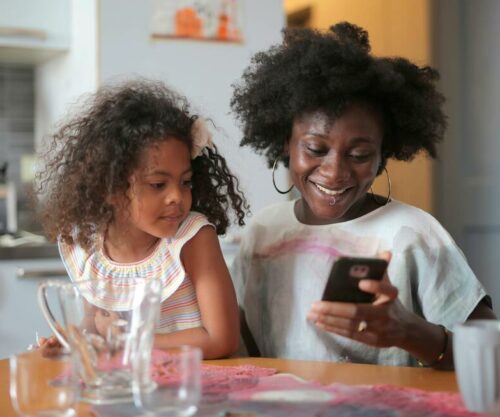
Power of choice
In South Africa, The Choice of Termination of Pregnancy Act 1996 stipulates that only a pregnant woman can give consent to get an abortion, even when she is a minor. The only exception is when the woman is severely mentally disabled or unconscious for a prolonged period. With forced abortions, a pill is secretly slipped into a pregnant woman’s food or drink or inserted into her vagina.
I first found out about this on social media after my followers shared their stories via direct message, using the hashtag #HeartbreakHotel on Twitter. One lady who got in touch shared that her family members held her down, to stop her from struggling, and the doctor inserted the drug into her vagina. Sometimes the pregnant woman is tricked by her unborn child’s father when he doesn’t want the baby.
The risk factors
The drug frequently used is an abortifacient, and is meant to be strictly used by obstetricians and gynaecologists. Anyone outside of these professions who is in possession of these pills, has acquired them illegally, possibly through a healthcare professional as they are the only people who have legal access.
It is dangerous to administer this drug in an uncontrolled environment. If a woman starts bleeding uncontrollably who will help her? What if she develops an infection and does not to seek medical care? This practice is not only risky, but also illegal because every woman has autonomy; it is a violation of basic human rights.
The legal route
Legally, abortions can be requested by a pregnant woman for any reason, and performed by a midwife between conception and 12 weeks. From 13 to 20 weeks, doctors can surgically terminate a pregnancy if it poses a risk to the pregnant woman’s physical or mental health, is a result of rape or incest, the foetus is likely to die, or the birth will affect the woman’s socio-economic status.
From 20 weeks onwards, abortions are only performed in limited medical circumstances and only if there is a severe threat to the life of the woman or there are serious congenital problems. South Africa has a total of 5 048 public health facilities with the potential to offer abortion services. But, according to the health minister Dr Aaron Motsoaledi’s office only 505 of these facilities are designed to provide the service. Unfortunately, the names of such facilities are not available on the provincial and national health department websites, except for the Free State and Western Cape.
What to do
If you have been given an abortifacient or are bleeding as a result of this, seek medical attention, immediately. I am not aware of any pending cases against perpetrators, and reporting this crime can be difficult as there is no legislation on forced abortions in South Africa, as yet. Also, seek counselling either from the public healthcare service providers for free or a counselling psychologist.




